detail profile andreas d c3 b6hler
Peran Yang Di Mainkan Andreas Döhler
 A teenage girls family falls for...
A teenage girls family falls for...Jupiter 2025
A teenage girl's family falls for a cosmic cult promising salvation in a higher existence on Jupiter. As flashbacks leading deeper into the past unravel the family's struggle to get a hold on life, the girl has to decide if to follow her parents or to make her own way on earth.
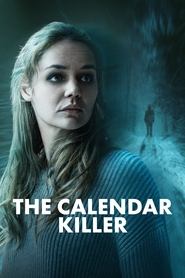 Klara is going to die today...
Klara is going to die today...The Calendar Killer 2025
Klara is going to die today unless she kills her husband instead. The Calendar Killer has given her that impossible choice. When Jules starts his night shift at a telephone safety helpline for lonely women on their way home, Klara's call reaches him. He soon becomes her last hope for survival and races against time to save her.
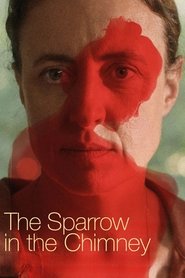 Karen and Markus live with their...
Karen and Markus live with their...The Sparrow in the Chimney 2024
Karen and Markus live with their children in Karen’s parents’ house. Karen’s sister Jule travels with her family to Markus’ birthday party. While Karen takes everyone’s breath away with her domineering manner, Jule is the complete opposite. Gradually a front forms against Karen until everything escalates into a fiery inferno. An inferno that destroys the old to create the new.
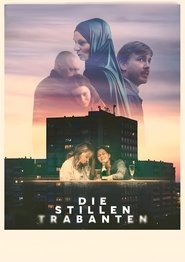 A snack bar owner smokes with...
A snack bar owner smokes with...Dark Satellites 2022
A snack bar owner smokes with his Muslim neighbor in the stairwell of their apartment building at night. Her husband is his good friend. They draw closer to one another as the nights go on and look out over the city to the dark satellites, the brutalist concrete buildings on the outskirts of the city - relics of the GDR past. A security guard watches over Objekt 95, a satellite town with a residential complex which many foreigners call home. While on patrol at night, he gets to know a young Ukrainian woman who fled her home country when the war broke out. He wants to protect her, while his friend, the “old security guard”, radios to him from an abandoned Russian barrack night after night. A woman from the train cleaning service drinks in a train station bar after her night shift. There, she meets a hairdresser. The two of them become friends and spend many nights together in the station. Every night, her desire grows even greater for this woman who is exactly as lonely as she is.
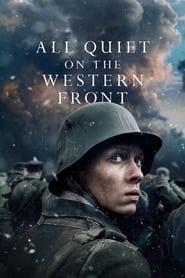 Paul Baumer and his friends Albert...
Paul Baumer and his friends Albert...All Quiet on the Western Front 2022
Paul Baumer and his friends Albert and Muller, egged on by romantic dreams of heroism, voluntarily enlist in the German army. Full of excitement and patriotic fervour, the boys enthusiastically march into a war they believe in. But once on the Western Front, they discover the soul-destroying horror of World War I.
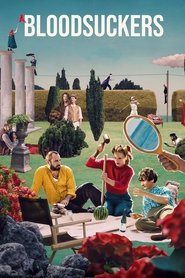 1928 Lyovuschka a Soviet worker is cast...
1928 Lyovuschka a Soviet worker is cast...Bloodsuckers 2022
1928: Lyovuschka, a Soviet worker, is cast in the role of Trotsky for Eisenstein‘s latest film, but quickly finds his dreams of an actor‘s life shattered when Trotsky falls into Stalin‘s disfavor. Exiled from his homeland, he poses as a wealthy baron and finds himself stuck in a glamorous seaside resort in Germany awaiting a barge that will take him to Hollywood. A summer romance kicks off when he meets the eccentric factory owner Octavia Flambow-Jansen - it's just too bad there are vampires around.
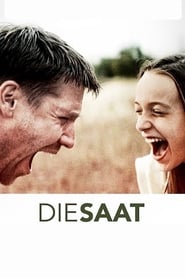 Rainer toils by the sweat of...
Rainer toils by the sweat of...The Seed 2022
Rainer toils by the sweat of his brow on a building site. His first job as site manager is his much-needed big break. Rising rents in the city have already forced him, his pregnant wife and 13-year-old daughter Doreen to move into a little house in the outskirts which needs renovating. At first, Doreen is not thrilled about her new life but then she meets her neighbour Mara, a girl whose parents are as rich as they are narrow-minded. Before long the new friends are playing with fire. Mara incites Doreen to play some nasty tricks and also entangles her in a theft.
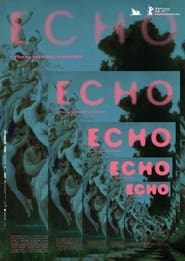 After returning from a police mission...
After returning from a police mission...Echo 2022
After returning from a police mission in Afghanistan, Chief Inspector Harder is set to investigate a bog body found in a village called Friedland. The confrontation with Friedland's brutal history brings a grave guilt from Harder's own past to the surface and forces her to face the echo.
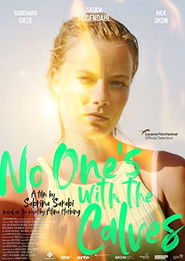 Five houses one bus stop cows...
Five houses one bus stop cows...No One's with the Calves 2022
Five houses, one bus stop, cows and nothing but fields. 24-year-old Christin lives on the farm of her long-term boyfriend Jan. The exciting post-reunification years that defined her childhood are long gone. Her relationship is loveless. She keeps the cherry liqueur close at hand. In the shimmering heat of summer, time seems to stand still – until 46-year-old wind energy engineer, Klaus, arrives.
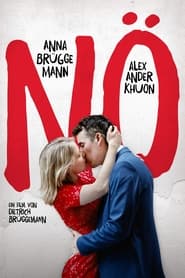 Isnt the trajectory of a shared...
Isnt the trajectory of a shared...No 2021
Isn’t the trajectory of a shared life determined in advance? Get married, have kids, be like everyone else… According to Dietrich Brüggemann, who competed in Vary six years ago, 30-somethings conceivably have it all, yet they fail in their attempts to achieve their set ideals. Nö delivers a critique of contemporary values, while also highlighting the struggle to find and nurture love.
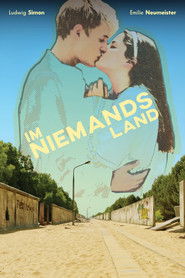 Its the summer of 1990 two teenagers...
Its the summer of 1990 two teenagers...Im Niemandsland 2019
It's the summer of 1990, two teenagers in Germany fall in love - an innocent first love, shortly before the German reunification. Katja (16) is from West-Berlin, Thorben (17) from GDR. Their families are fighting over a house in Kleinmachnow (a suburb of East-Berlin), where Thorbens family has been living since the 70ies, but where Katjas father grew up. The family had to emigrate to West-Berlin in 1961, just before the Berlin Wall was built. Later, the house was dispossessed under GDR-rule. Now, Katjas father demands restitution. The conflict grows bitterer and threatens to tear apart both families. It is about old wounds and new prejudices. While being in the middle of Germanys swiftly progressing process of reunification, Katja and Thorben have to fight for their love.
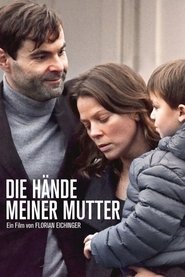 A family reunion aboard a ship...
A family reunion aboard a ship...Hands of a Mother 2016
A family reunion aboard a ship becomes a turning point in the life of 39-year-old engineer Markus. When his son Adam (4) gets a little cut after going to the bathroom with his grandmother Renate, Markus recalls for the first time what his mother did to him when he was a little boy. Markus and his wife Monika find themselves confronted with an ugly truth of the kind you wouldn’t think a mother capable of.
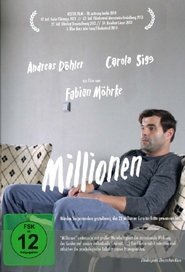 Torsten wasnt looking for anything He...
Torsten wasnt looking for anything He...Millionen 2013
Torsten wasn't looking for anything. He just bought the lottery ticket to keep the peace with his lotto-enthusiastic co-workers. Eventually, he's forced to think about what to do with such a big win, when his ticket hits the jackpot. And he soon realizes, that he is the only one not having an answer to that question. His wife Susanne already knows what to do with their new found wealth. His son Lutz also makes plans. The shock-wave of this "lottobomb" tears Torsten's orderly world apart and leaves him with the question of who he really is.
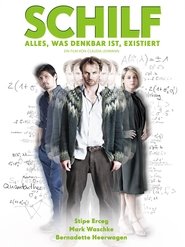 Sebastian Mark Waschke is a physics...
Sebastian Mark Waschke is a physics...Schilf - Alles was denkbar ist existiert 2012
Sebastian (Mark Waschke) is a physics professor at the University of Jena and dealing for years with parallel universes. Meticulously, he tries to prove its existence scientifically. His college friend Oskar (Stipe Erceg), professor of theoretical physics at CERN in Geneva, smiles at Sebastian's firm belief in parallel universes and the many-worlds theory. In order to devote himself to the evidence in peace, Sebastian brings his son Nick to a summer camp, while his wife Maike (Bernadette Heerwagen) is on vacation in the mountains. At a rest stop Nick disappears out of the car and so for Sebastian a nightmare begins. Increasingly he is loosing more and more control. What really happened? It is fatal to his own theory? And who is this mysterious Schilf, which occurs abruptly in Sebastian's life?
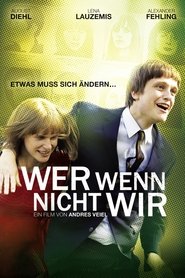 In the early 60s Bernward Vesper...
In the early 60s Bernward Vesper...If Not Us, Who? 2011
In the early 60s, Bernward Vesper and fellow university student Gudrun Ensslin begin a passionate love in the stifling atmosphere of provincial West Germany. Dedicated to the power of the written word, Bernward and Gudrun found a publishing house whose first publication is, paradoxically to many, a controversial past work of Bernward's ostracized father, an infamous Nazi author. Bernward defends his father's writing ability, even if he is haunted by his father's suspicious past.
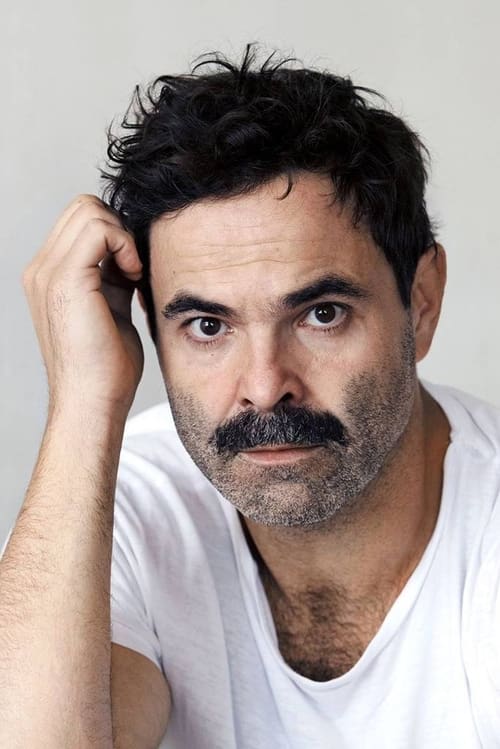
 After a 12year marriage Markus and...
After a 12year marriage Markus and...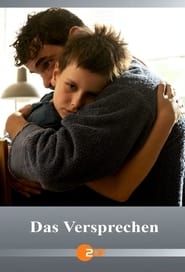
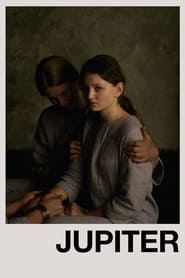 Travelling to a remote cabin in...
Travelling to a remote cabin in... A woman sexually assaulted by her...
A woman sexually assaulted by her...